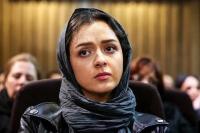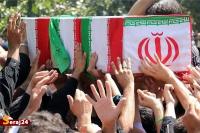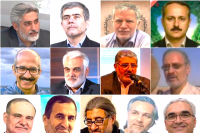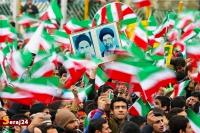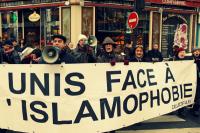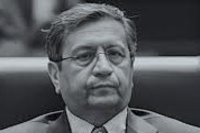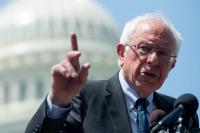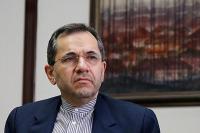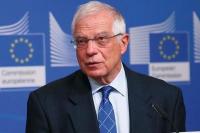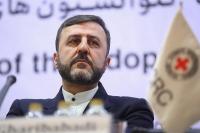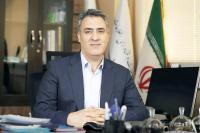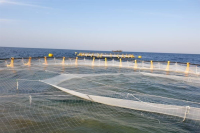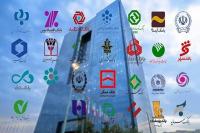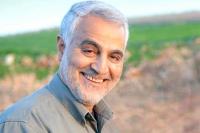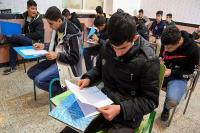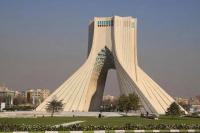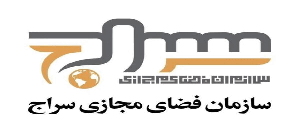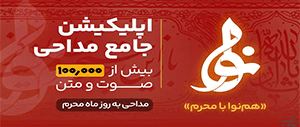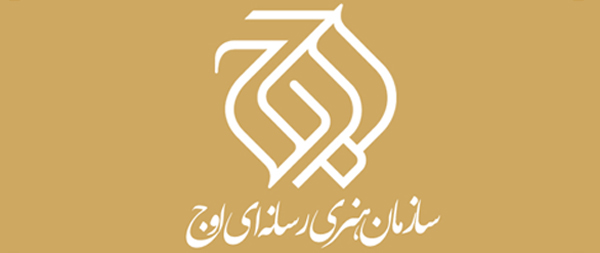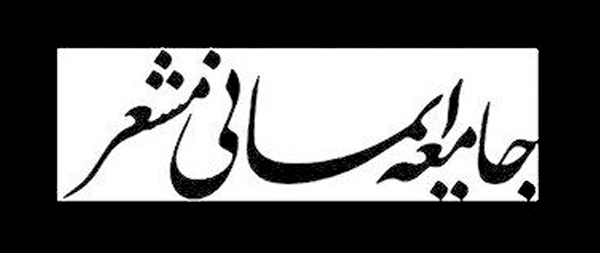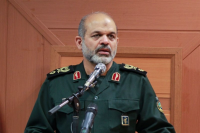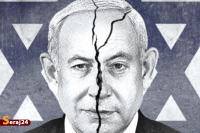
"Five policemen and six demonstrators needed medical attention but none of the injuries was serious," Valery Yordanov, Sofia chief of police, told state BNR radio on Tuesday.
In the latest wave of anger against the government of Prime Minister Boyko Borisov sparked by sharply higher electricity prices, demonstrations were also held in around a dozen other cities across the European Union's poorest member.
Eleven protesters were held by police for hooliganism and vandalism, he said, after members of a crowd estimated by an Agence France Presse reporter and local media to number between 1,500 and 2,000 hurled stones at parliament buildings in Sofia.
Riot police with shields and batons were later deployed to disperse the crowd after it left the area around parliament to block major downtown streets for several hours.
State BNT television showed policemen chasing and beating a handful of demonstrators, with crashed shop windows and overturned garbage containers as a backdrop. Six police cars were also damaged, police said.
In the Southern city of Plovdiv, Nova television reported that protestors torched four vehicles belonging to Austrian utility company EVN, which together with the Czech CEZ and Energo-Pro have hiked electricity prices.
On Sunday tens of thousands of people took to the streets, prompting Borisov on Monday to announce the sacking of finance minister Simeon Djankov, a key proponent of unpopular austerity measures, in a government reshuffle.
"A revolutionary situation is emerging," political analyst Evgeny Daynov told Nova television Tuesday. "People refuse to be governed by a handful of monopolists and oligarchs."
The opposition Socialists meanwhile demanded early elections.
"We should hear from the premier tomorrow (Wednesday), and the best he could do is to table his resignation," Socialist party lawmaker Angel Naydenov ahead of a parliamentary vote on the government reshuffle due Wednesday.
Bulgaria's next general elections are scheduled for July.




